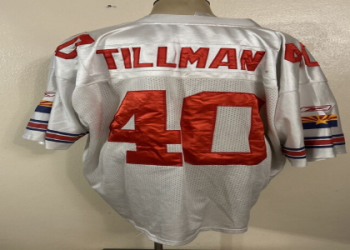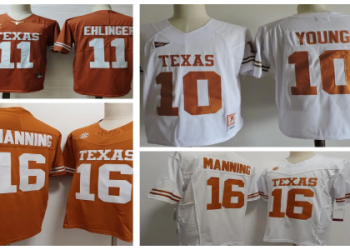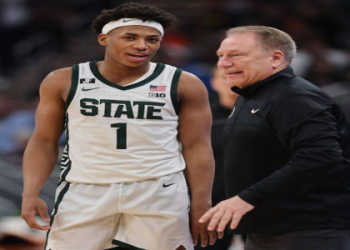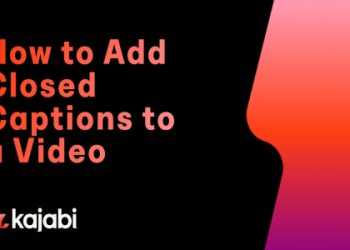Okay, so I stumbled upon this “Tuttle Twins” thing, and let me tell you, it’s been a ride. I’m always looking for educational stuff for my kids, and someone recommended these books. Sounded innocent enough, right? Twins, adventures, learning about… economics? Well, it turned out to be a bit more complicated than that.
Diving In
First, I grabbed a couple of the books. The art style is kinda cute, cartoony, you know? My kids were interested, so we started reading them together. The stories themselves are pretty simple – these twins, Ethan and Emily, go on adventures and learn about things like free markets, individual rights, and the role of government.
The “Uh-Oh” Moment
It was all going smoothly until I started noticing a certain slant. Like, a really strong slant. The books are heavily influenced by libertarian ideas, which, okay, fine, everyone’s got their views. But it was presented as the only correct way to think. Any government intervention was portrayed as bad, evil, or just plain stupid. There were even some digs at things like public schools and environmental regulations.
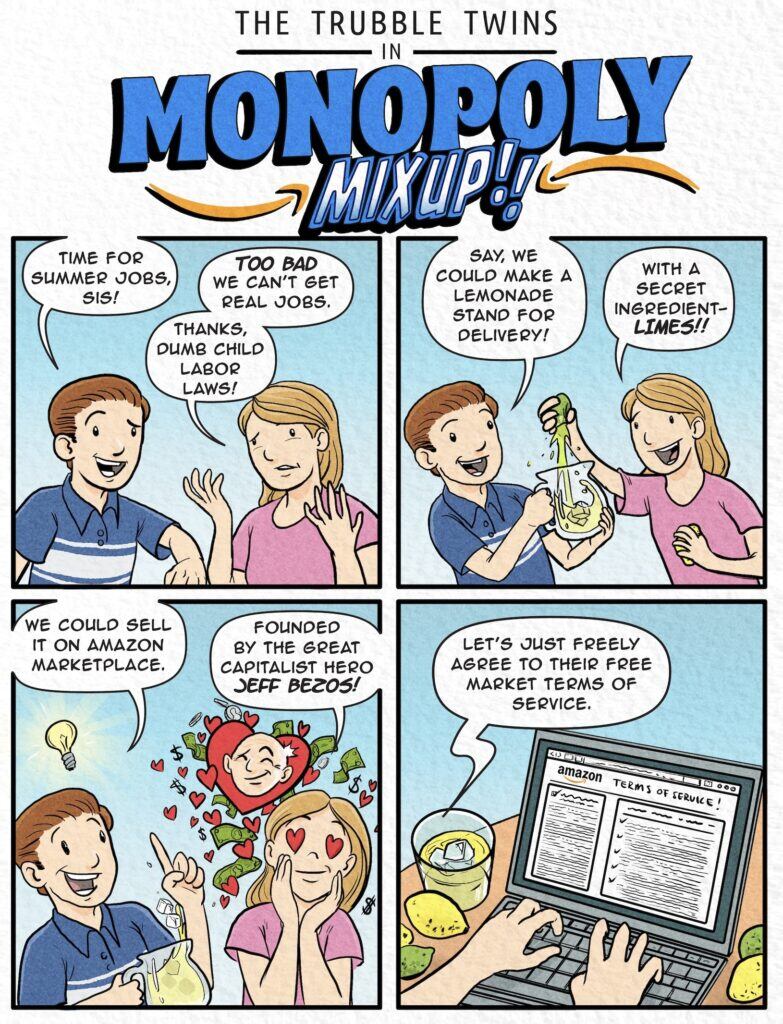
Hitting the Web (aka, The Research Rabbit Hole)
That’s when I decided to do some digging. I typed “Tuttle Twins controversy” into Google and, wow, did I find stuff. Turns out, I wasn’t the only one who felt uneasy. Lots of parents and educators were raising concerns about the books’ biased presentation of complex issues. Some people were calling it propaganda, others were worried about the lack of diverse perspectives.
I found some really in-depth reviews and criticisms. People were pointing out historical inaccuracies, oversimplifications, and even some instances of what they considered to be harmful stereotypes. It was a lot to take in.
My Takeaway?
Look, I’m all for teaching kids about different perspectives. But this felt… sneaky. It was like wrapping up a very specific political ideology in a cute, kid-friendly package. And honestly, that bothered me. I’m not saying the books are all bad, but I definitely think it’s crucial to be aware of the underlying messages and to have those conversations with your kids.
- Read them with your kids, don’t just hand them over.
- Ask questions! Get them thinking critically about what they’re reading.
- Supplement with other resources. Give them a more balanced view of the world.
It’s been a good reminder to me that the best way is always to have critical mind to all messages, and to make sure there is some balance.




